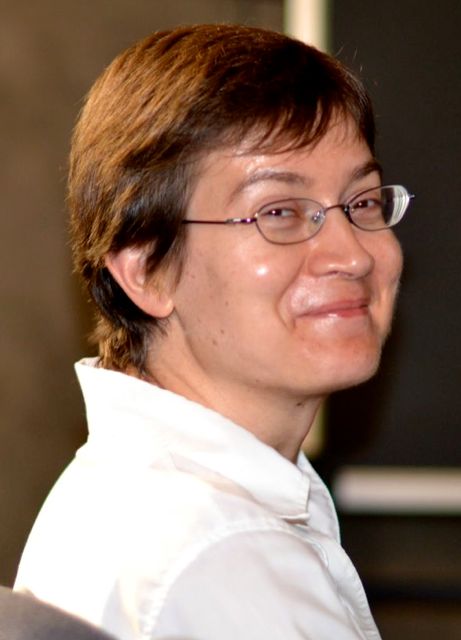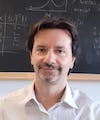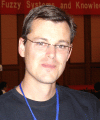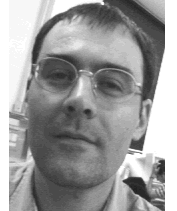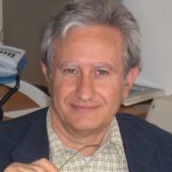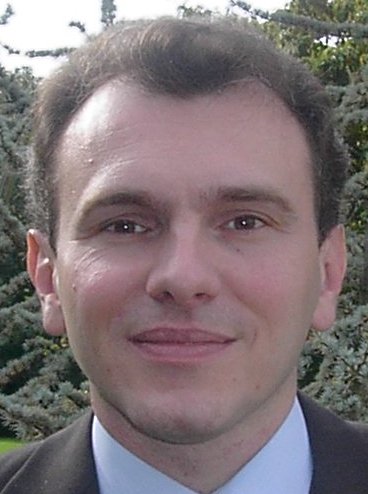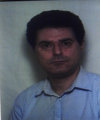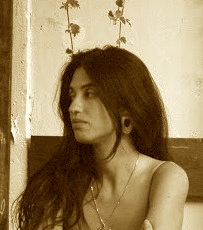Studying at the University of Verona
Here you can find information on the organisational aspects of the Programme, lecture timetables, learning activities and useful contact details for your time at the University, from enrolment to graduation.
Academic calendar
The academic calendar shows the deadlines and scheduled events that are relevant to students, teaching and technical-administrative staff of the University. Public holidays and University closures are also indicated. The academic year normally begins on 1 October each year and ends on 30 September of the following year.
Course calendar
The Academic Calendar sets out the degree programme lecture and exam timetables, as well as the relevant university closure dates..
| Period | From | To |
|---|---|---|
| I semestre | Oct 4, 2010 | Jan 31, 2011 |
| II semestre | Mar 1, 2011 | Jun 15, 2011 |
| Session | From | To |
|---|---|---|
| Sessione straordinaria | Feb 1, 2011 | Feb 28, 2011 |
| Sessione estiva | Jun 16, 2011 | Jul 29, 2011 |
| Sessione autunnale | Sep 1, 2011 | Sep 30, 2011 |
| Session | From | To |
|---|---|---|
| Sessione autunnale | Oct 21, 2010 | Oct 21, 2010 |
| Sessione straordinaria | Dec 15, 2010 | Dec 15, 2010 |
| Sessione invernale | Mar 24, 2011 | Mar 24, 2011 |
| Sessione estiva | Jul 19, 2011 | Jul 19, 2011 |
| Period | From | To |
|---|---|---|
| All Saints | Nov 1, 2010 | Nov 1, 2010 |
| National holiday | Dec 8, 2010 | Dec 8, 2010 |
| Christmas holidays | Dec 22, 2010 | Jan 6, 2011 |
| Easter holidays | Apr 22, 2011 | Apr 26, 2011 |
| National holiday | Apr 25, 2011 | Apr 25, 2011 |
| Labour Day | May 1, 2011 | May 1, 2011 |
| Local holiday | May 21, 2011 | May 21, 2011 |
| National holiday | Jun 2, 2011 | Jun 2, 2011 |
| Summer holidays | Aug 8, 2011 | Aug 15, 2011 |
Exam calendar
Exam dates and rounds are managed by the relevant Science and Engineering Teaching and Student Services Unit.
To view all the exam sessions available, please use the Exam dashboard on ESSE3.
If you forgot your login details or have problems logging in, please contact the relevant IT HelpDesk, or check the login details recovery web page.
Should you have any doubts or questions, please check the Enrollment FAQs
Academic staff
 nome.cognome[at]uniud.it
nome.cognome[at]uniud.it
 luca.vigano@univr.it
luca.vigano@univr.it
Study Plan
The Study Plan includes all modules, teaching and learning activities that each student will need to undertake during their time at the University.
Please select your Study Plan based on your enrollment year.
1° Year
| Modules | Credits | TAF | SSD |
|---|
2° Year activated in the A.Y. 2011/2012
| Modules | Credits | TAF | SSD |
|---|
| Modules | Credits | TAF | SSD |
|---|
| Modules | Credits | TAF | SSD |
|---|
| Modules | Credits | TAF | SSD |
|---|
Legend | Type of training activity (TTA)
TAF (Type of Educational Activity) All courses and activities are classified into different types of educational activities, indicated by a letter.
Foundations of Computing (2010/2011)
The teaching is organized as follows:
Learning outcomes
Module: LOGICA
-------
Introduction of the mathematical logic and its connection with other topics. Distinction between syntax and semantics. Formalization of properties in a formal language. Proof theory. Derivation and counter examples.
Module: LINGUAGGI
-------
The aim of the course is to present the theoretical basis of programming languages. A number of paradigmatic untyped and typed languages will be introduced. The entire course will focus on the concepts of operational semantics and type system. Formal techniques for verifying the behaviour of programs will be introduced.
Program
Module: LOGICA
-------
Levels of reference. Language and meta-language.
Propositional and predicative logic(classic and intuitionistic).
Sequent calculus and definitional equations.
Systems LJ e LK. Cut elimination. Proof search.
Classical evaluation of formulae, both propositional and predicative.
Soundness, Completeness and Compactness for LK.
Decidability for predicative calculus.
Incompleteness.
Module: LINGUAGGI
-------
Induction:
(i) Mathematical induction over the natural numbers;
(ii) Structural induction;
(iii) Rule induction.
Operational semantics:
Big step and small step semantics for simple languages including
• Exp, Bool, languages for arithmetic and Boolean expressions
• the imperative language of while commands While
• the functional languages Fun and Lambda and simple variations on them; call-by-name and call-by-value semantics.
Typing:
(i) Typing assignments for the languages Fun and Lambda
(ii) Progress and preservation.
(iii) For Lambda you should be familiar with the computational consequences of using types; in particular the need for explicit fixpoint operators.
Bibliography
| Author | Title | Publishing house | Year | ISBN | Notes |
|---|---|---|---|---|---|
| Andrea Asperti, Agata Ciabattoni | Logica a Informatica | McGraw-Hill | 2007 | ||
| Carl A. Gunter | Semantics of Programming Languages | MIT Press | 1992 | 0262570955 | |
| G. Winskel | The formal Semantics of Programming Languages | MIT Press | 1993 |
Examination Methods
Module: LOGICA
-------
Written and oral test.
Module: LINGUAGGI
-------
The exam consists of a written and oral test.
Type D and Type F activities
Modules not yet included
Career prospects
Module/Programme news
News for students
There you will find information, resources and services useful during your time at the University (Student’s exam record, your study plan on ESSE3, Distance Learning courses, university email account, office forms, administrative procedures, etc.). You can log into MyUnivr with your GIA login details: only in this way will you be able to receive notification of all the notices from your teachers and your secretariat via email and soon also via the Univr app.
Graduation
Deadlines and administrative fulfilments
For deadlines, administrative fulfilments and notices on graduation sessions, please refer to the Graduation Sessions - Science and Engineering service.
Need to activate a thesis internship
For thesis-related internships, it is not always necessary to activate an internship through the Internship Office. For further information, please consult the dedicated document, which can be found in the 'Documents' section of the Internships and work orientation - Science e Engineering service.
Final examination regulations
List of theses and work experience proposals
Attendance
As stated in the Teaching Regulations for the A.Y. 2022/2023, attendance at the course of study is not mandatory.

 +39 045 802 7094
+39 045 802 7094
